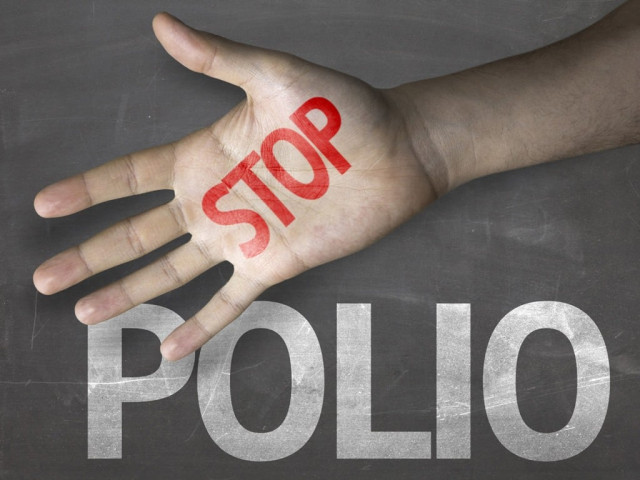Islamabad/Peshawar:
The Regional Reference Laboratory for Polio -Duching at the National Institute of Health (NIH) has confirmed three new polio cases, which raised the country’s figures in 2025 to 17.
According to the laboratory, the new cases were detected in Takhtikhel (Lakki Marwat District) and Mir Ali (North Waziristan District) in Khyber-Pakhtunkhwa (KP) as well as Chajro in the Umerkot district in Sindh.
The affected children include a 15 -month -old girl from Lakki Marwat, a six -month -old girl from North Waziristan and a five -year -old boy from Umerkot.
So far this year, 10 cases have been reported in KP, five in Sindh and one in Punjab and Gilgit Baltistan.
Polio is a very contagious and incurable disease that can cause lifelong paralysis. The only reliable protection is through repeated doses of the oral polio vaccine (OPV) for each child under five during each vaccination campaign.
While significant progress has been made to eradicate the virus, the emergence of new cases highlights the ongoing threat to children, especially in regions with low vaccine accept.
A special vaccination drive is currently underway in the bordering union councils, synchronized with Afghanistan’s subnational polio campaign. In addition, a fractional IPV UPV campaign in the Chaman District began on July 21, which will be rolled out in six more districts in Balochistan from July 28.
Official sources in Peshawar said that the 10 cases in KP have been reported from Bannu, two each from Lakki Marwat and North Waziristan and one from Tank, Torghar and Dera Ismail Khan Districts.
According to a report published in May 2025, there had been 17,136 rejection cases in Peshawar – the highest number of people who fell to allow the administration of polio vaccines to their children. Other areas include Marran, 6,812 cases; Bannu, 10.781, Laaki Marwat, 976; Di Khan, 2,128; and Kohat, 1,009.
Shafiullah Khan, coordinator of the Emergency Operations Center (EOC) in KP, said attention campaigns through media played an important role and the number of parents refusing vaccination had dropped significantly.
“When there were thousands of refusals, there are now only a few areas left, and there is also an effort to tackle them,” Khan said. He recognized the challenges of the fight against polio and noted a lack of communication access and the ongoing security concerns in tribal districts as major concerns.
The government and partner organizations worked actively to eliminate the virus, but “because of the fragile security situation in certain tribal bills, our campaigns often face obstacles,” Khan said. He emphasized the need for collective responsibility and joint efforts to eliminate polio.



